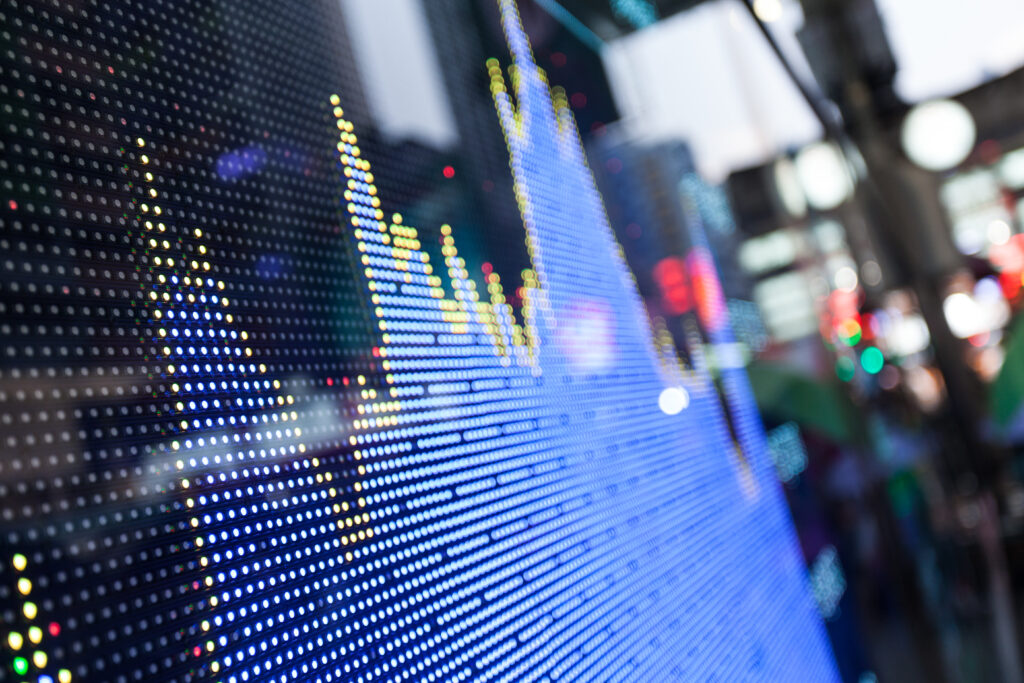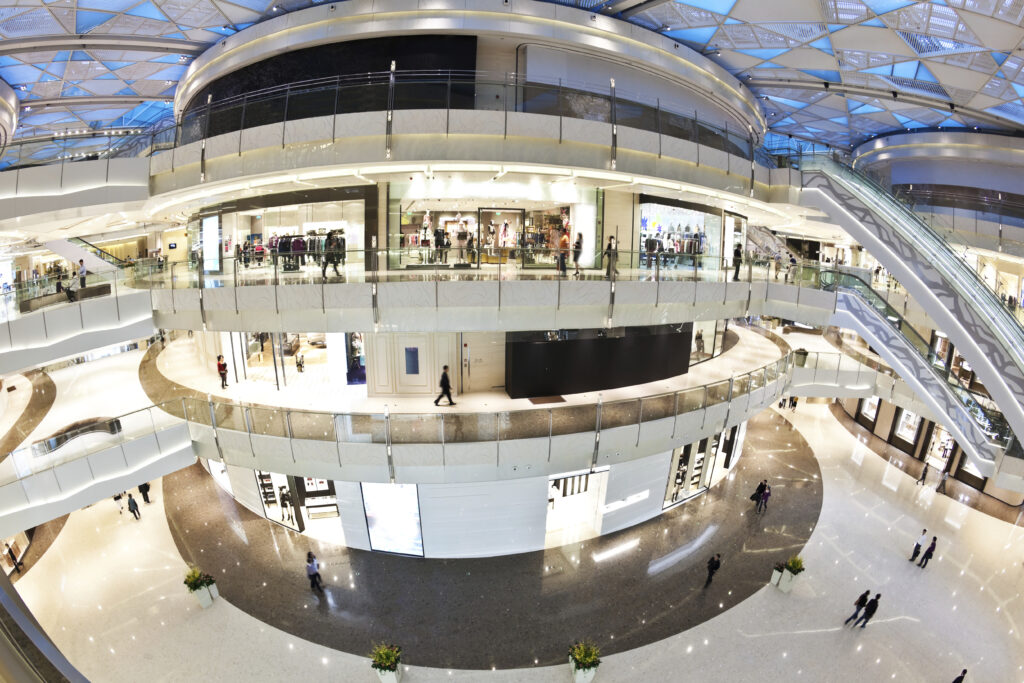Energy independence likely to remain theme even if Ukraine war ends suddenly
Even if Russia’s invasion of Ukraine were to suddenly end due to a regime change in Moscow, concerns over Europe’s energy independence have taken root, according to dealmakers.
“We entered a new phase emphasising energy independence at the beginning of the Ukraine war and that trend is here to stay,” according to Ibrahim Makdessi, investment manager at CapMan Infra, which is part of CapMan [HEL:CAPMAN], a Nordic private assets management and investment company.
Leaders of many countries realised just how vulnerable they were to geo-political shocks to the energy market in February 2022, Makdessi said. “There was a ripple effect, with gas coming into focus almost immediately, but also with more emphasis on renewable power.”
Renewables now account for just over 9% of European utility & energy M&A by value this year, its second highest share on record and up from 8.1% during 2022, according to Mergermarket data.
Zolar, a German online portal for configuring solar energy systems, is a name to watch in the space. It is in advanced talks with acquisition candidates and could close a deal by year-end, according to proprietary intelligence from Mergermarket.
Management at the 450-strong company could consider deals with targets up to its own size, with a focus on digitisation, e-mobility, heating, and services around green energy in Europe. It has a Likely VC Exit score of 12, according to Dealogic’s Likely VC Exit predictive algorithm.*
Macro impact
The impact of the war on Western economies has been more due to sanctions than the war itself, said Samir Dani, professor of operations and supply-chain management at Keele University.
Oil and gas are still flowing out of Russia, he said, adding that India is reselling it. Liquified natural gas (LNG) tankers are moving from North Africa to Europe to substitute for some of the lost Russian gas supplies, he said.
The war appeared to be at a stalemate until last weekend, when Russia’s Wagner mercenary group rebelled against the country’s President Vladimir Putin and drove towards Moscow. The rebellion ended quickly following an intervention from Belarus.
A regime change behind the scenes in Russia remains a wild card, Dani said, adding that the likeliest scenario is a long war with a political settlement.
“Regime change in Russia doesn't necessarily imply a change of system and won't necessarily be positive,” according to John Kennedy, research leader in Defence and Security at RAND Europe. Russia has no tradition of property rights and corruption is endemic in the country, he added.
The longer the war continues, energy transition plays, combined with environmental, social and governance (ESG) investment flows, are likely to gain traction in Europe, Dani said.
District heating, which involves distributing heat generated in a centralised location through insulated pipes, is a theme that Mergermarket identified as an area to watch immediately after the invasion.
More recently, Vauban Infrastructure Partners and Caisse des Dépôts’ (CDC) have proposed a joint acquisition of French district heating company Coriance. Further deals are expected in the space.
The shock of the war has crystallised a pragmatic view of the energy transition in Europe, according to Patrick Harris, associate director at Calash, an energy-focused due diligence and strategy advisory firm. In practical terms, this has led to a reassessment of energy sources, particularly nuclear power, he said.
“The shift to energy independence-minded policies can be seen in France’s lobbying for a change in the taxonomy of nuclear to a ‘low-carbon fuel’, with other countries now seeming to agree,” Harris said, adding that projects like this will last for decades.
One name to watch is Newcleo, a UK-registered, Italian-owned nuclear technology developer, which confirmed plans for a future IPO in May. The company, which is in the midst of a EUR 1bn capital raise, has a Dealogic Likely VC Exit score of 23, which is heavily weighted to its listing plans.
Fertilisers and gas
Fertilisers are another “extremely important” area in the wake of the invasion, according to Keele University’s Dani. Ammonia is a key component in nitrogen fertilisers, which gives gas prices a heavy influence on the sector.
Yara International [OTCMKTS:YARIY] of Norway has confirmed the viability of a potential minority divestment of its Yara Clean Ammonia business, although the timing will be postponed, as reported. It signed a demerger plan last year.
The link between gas prices and fertilisers provides a link to food security and prices, Dani said. A negotiated settlement to the war that pumps Russian gas back into Europe would have a direct impact on the cost-of-living crisis and an indirect impact on interest rates, he said.
It is also worth mentioning that Ukraine supplied around a third of the world’s wheat before the war, particularly going into the Middle East and North Africa (MENA), Dani said.
If and when a settlement comes, though, the most important read-through will be to the South China Sea, where there are also geopolitical tensions, Dani said. That, however, is an issue for another day.
*Based on a number of key industry, holding behaviour, and dealflow criteria, Dealogic’s next-generation platform assigns a Likely VC Exit score to each exit opportunity, with a higher score corresponding to a higher likelihood for a future transaction.










